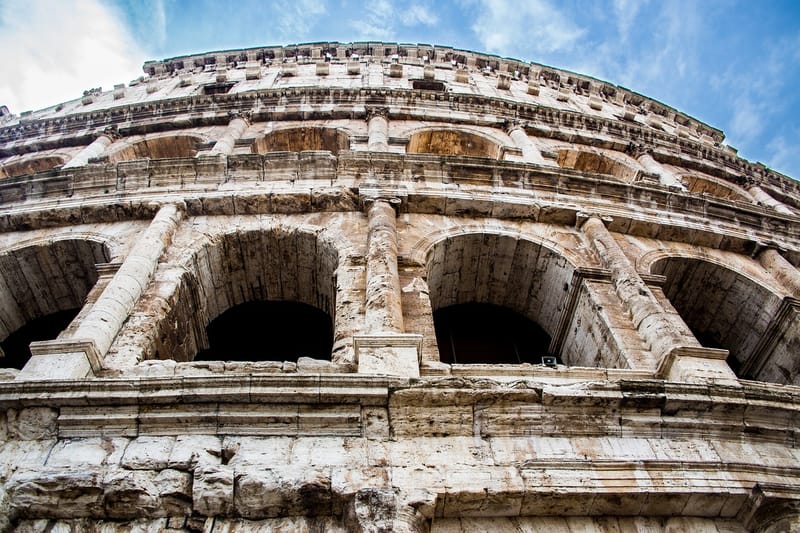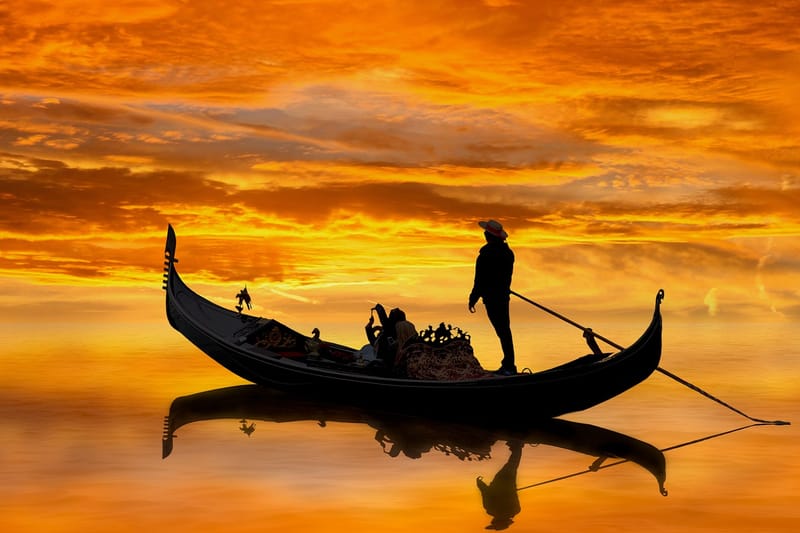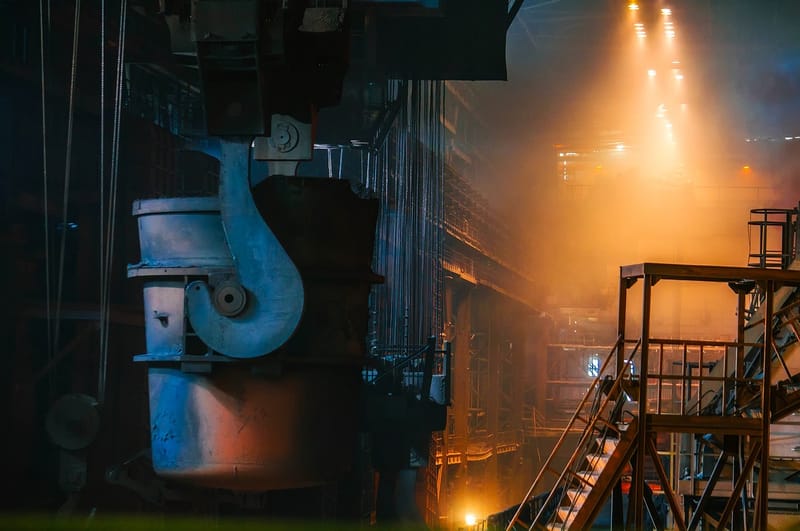Destinations - Part 3
Exploring Historical Eras: Part 3
Ancient Rome
Ancient Rome, one of the greatest civilizations in history, is known for its contributions to law, engineering, architecture, and art. The Roman Empire spanned for centuries, leaving a lasting impact on Western culture.

Key Points:
- Founding of Rome: According to legend, Rome was founded by Romulus and Remus in 753 BC.
- Roman Republic: The Roman Republic was established in 509 BC, marking the beginning of Rome's political structure.
- Julius Caesar: Julius Caesar, a prominent Roman general, played a significant role in the transition from the Roman Republic to the Roman Empire.
- Architecture: Romans are famous for their engineering feats, such as the construction of roads, aqueducts, and the Colosseum.
The Renaissance
The Renaissance was a period of cultural rebirth that took place in Europe from the 14th to the 17th century. It marked a revival of art, literature, and learning, leading to significant advancements in various fields.

Highlights:
- Artistic Masters: The Renaissance produced renowned artists like Leonardo da Vinci, Michelangelo, and Raphael.
- Humanism: Humanism, an intellectual movement, emphasized the importance of human potential and achievements.
- Scientific Revolution: The Renaissance laid the groundwork for the Scientific Revolution, challenging traditional beliefs and fostering scientific inquiry.
- Printing Press: The invention of the printing press by Johannes Gutenberg revolutionized the spread of knowledge and ideas.
Industrial Revolution
The Industrial Revolution, starting in the late 18th century, marked a shift from agrarian societies to industrialized economies. It brought about significant technological advancements and changes in social structures.

Key Developments:
- Steam Engine: The invention of the steam engine by James Watt revolutionized transportation and manufacturing processes.
- Urbanization: Industrialization led to mass urbanization as people moved to cities in search of work in factories.
- Factory System: The factory system introduced mechanized production and transformed the way goods were manufactured.
- Social Impact: The Industrial Revolution had profound social consequences, including labor reforms and the rise of capitalism.
Exploring historical eras allows us to understand the evolution of societies and the impact of key events on shaping the world we live in today.
